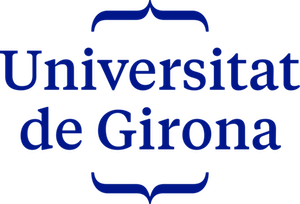
The Hindu Vedanta-advaita
brahman satyaṃ jaganmithyā jivo brahmaiva nāparaḥ
The only reality is brahman, the world is unreal, the individual self is nothing but brahman
Śaṅkara
This course we focus on the study of Vedānta-advaita, the highest-flying philosophical school of Hinduism, and with this work approach the so-called non-dual wisdom (advaita: ‘adual’).
One could express the essence of Vedānta-advaita in this way: there is only brahman, adual reality, single, simple. The plurality of the world is an unreal appearance, an illusion (maya) founded on ignorance (avidyā). So, the prison of saṃsāra, the endless spiral of births and transmigration, the world of ignorance, desire, action, of pleasure and pain, does not exist and has never existed. The ultimate essence, the self (ātman) of the individual (Jiva) can be nothing but brahman. This illusory individual illusorily liberates from illusory bondage when he experiences/realizes this Truth and awakens to the knowledge, realizes, of his infinite nature, which he had never lost.
The recent bilingual edition of the Vedāntasāra, was the tool for our work:
- Calderón, Javier Ruiz (2008). Breve historia del hinduismo. De los vedas al siglo XXI. Madrid: Biblioteca Nueva.
- Deutsch, Eliot (1999). Vedânta Advaita. Una reconstrucción filosófica [1969]. Madrid: Etnos.
- Martín, Consuelo (2005). Śankara. La visión advaita de la realidad. Madrid: Dilema.
At the end of the course we invited Javier Ruiz Calderon to give a lecture at this faculty, with the title Vedānta: the experience of Unity. The yoga of knowledge (jñāna yoga).

